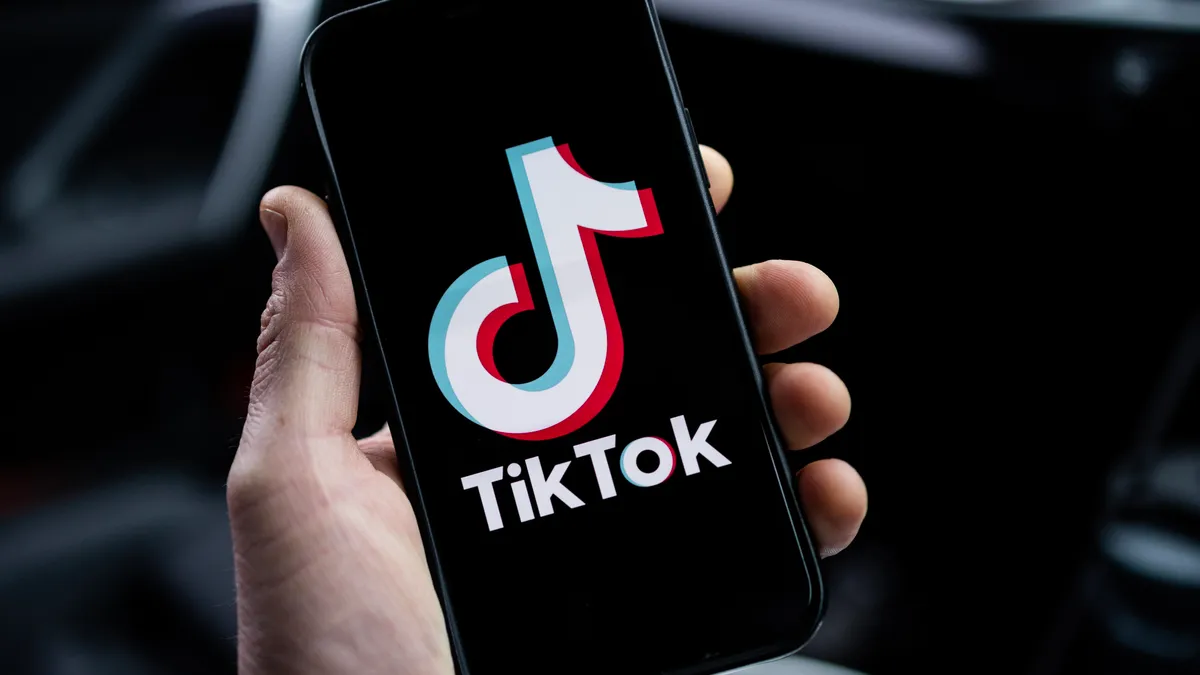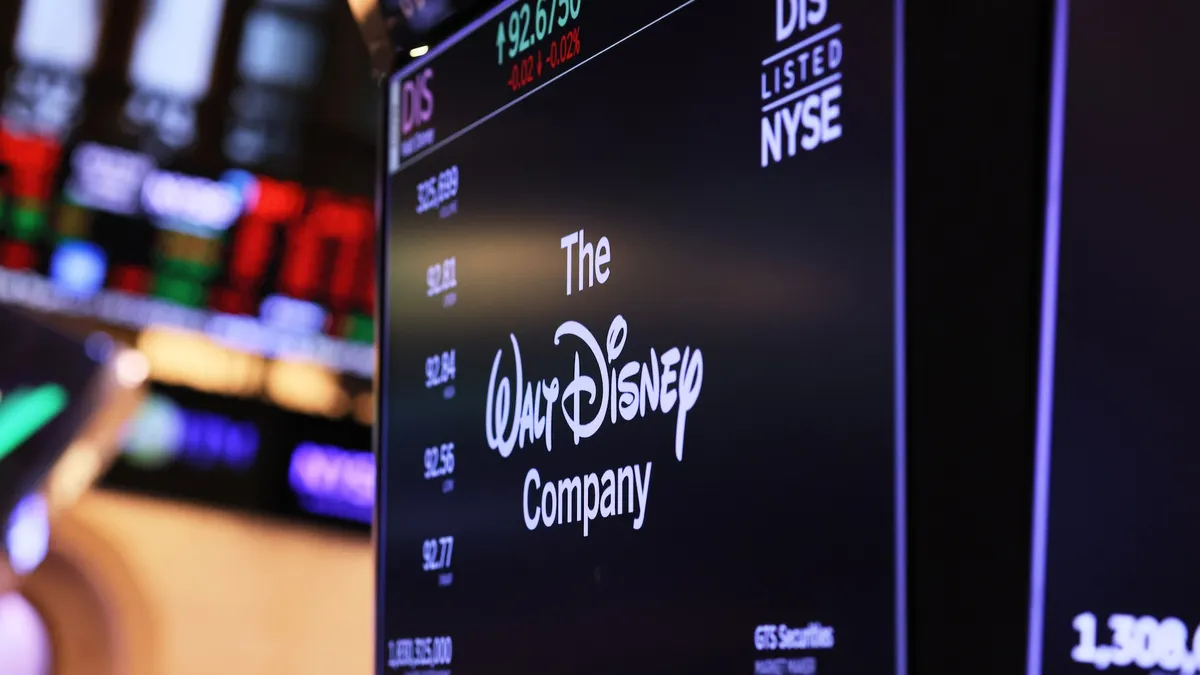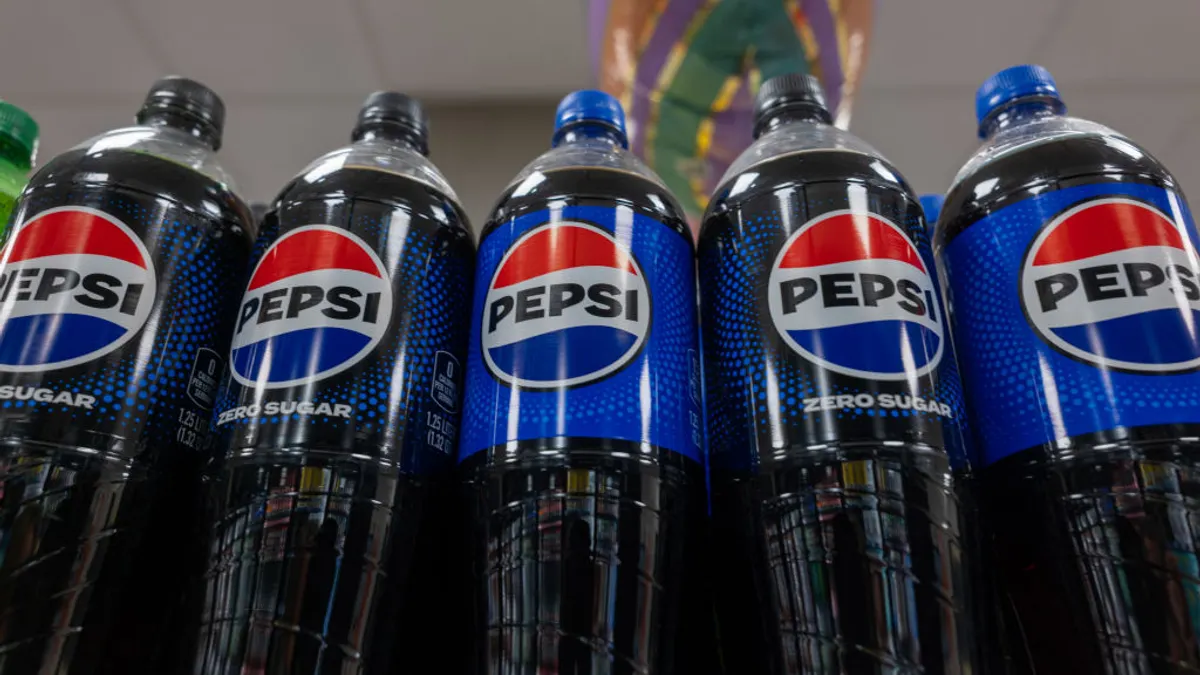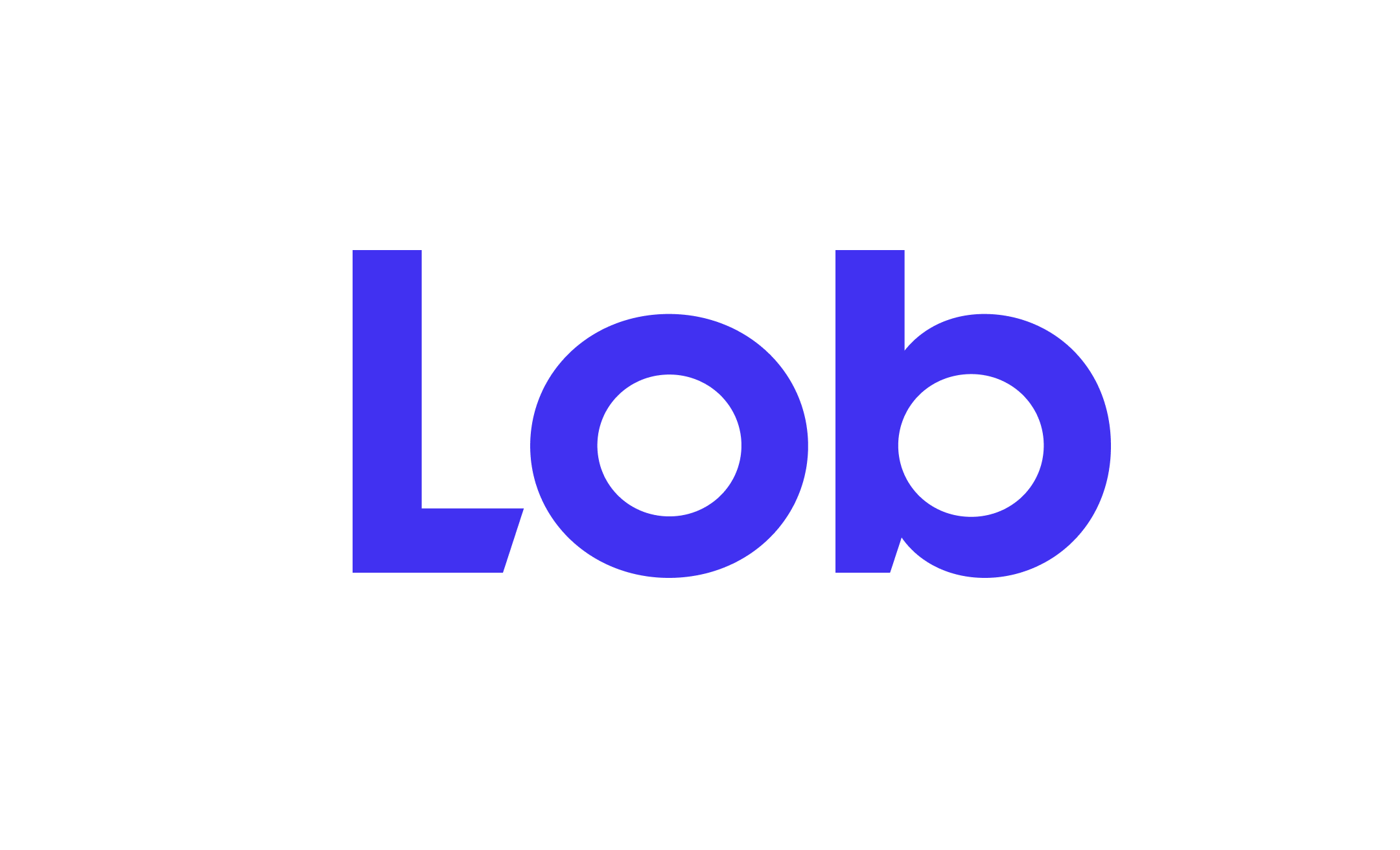Essence, a GroupM media agency, is among the companies using Google's new Vertex AI platform that assists with the deployment and management of artificial intelligence models. The data-focused shop has used Google's cloud services for a number of years, but executives say the latest solution that was unveiled as part of the Google I/O developer conference in May marks an important step in enabling speedier, smarter decisions for media planning and campaign management — two areas thrown into the spotlight after COVID-19 upturned marketing calendars last year.
While a similarly broad disruption is unlikely to occur again in the near future, the agency category continues to move in a direction where AI and machine learning (ML) must provide more practical applications for clients, according to executives.
"We need stuff that works in the real world and that means that it's stable over time," said Mark Bulling, Essence's senior vice president of product innovation.
"Broadly, the pandemic fast-forwarded a lot of trends that were already happening," Bulling added later. "What Vertex gives you is a framework for deploying stuff a lot easier."
While the ML and AI infrastructure underpinning Vertex is complex, the goal is simple: To serve as a "translation layer" between data scientist and software engineer teams, per Bulling. In centralizing the development and deployment of ML models under one user interface and application programming interface, Vertex allows data scientists to get engineers the information they need in a more seamless fashion. Google claims Vertex requires 80% fewer lines of code than competitor platforms, which bolsters ease of use.
"The step-change with Vertex is starting to apply the same rigor and structure that we apply to a lot of the software engineering side of the house to the AI side as well," Bulling said. "It's about the maturation coming to data science."
The solution can also assist media agencies in monitoring model performance, better keying into models that are driving results and which ones are degrading over time.
"Once a campaign is live, how can we make it perform as well as possible?" Bulling said. "That's where we're doing things like predicting lifetime value while a campaign is running, with the ultimate aim of improving the return on ad spend by making some smart budget allocations."
Need for speed
COVID-19 somewhat infamously truncated media planning and production times as businesses tried to adjust for changing consumer habits and lockdown measures on a dime. Vertex can account for intense fluctuations in data inputs while keeping its baseline structure stable, according to Bulling. That stability, in turn, enables greater agility — a quality clients seek in media agencies as their dollars shift toward more digital and programmatic channels.
"The good thing about Vertex is it allows us to roll out new things much more rapidly than we would be able to otherwise," Bulling said. One use case could be privacy changes coming down the pike, such as the deprecation of third-party cookies, that will make some data sources more valuable and others considerably less so.
"What might have taken several months to do, we can now do a lot quicker," Bulling said. "As things evolve, if we need to modify our models because certain data sets either become available or aren't available, then it enables us to be a lot more agile in that type of thing."
Such privacy changes mark a "paradigm change" for the industry, Bulling said, but create opportunities for media agencies that are on the cutting edge of AI and ML. Marketers and their agency partners will need to find new data sets to leverage in the months ahead and gauge how to wring more value out of their existing assets in a way that respects user privacy. Bulling sees tools like Vertex as important additions along that journey.
"Just because you can doesn't mean you should," Bulling said of larger changes impacting data-driven marketing. "The ethical use of both data and AI is really important in this space and is probably one of those areas I think that will get a bit more focus in the next two years."




















